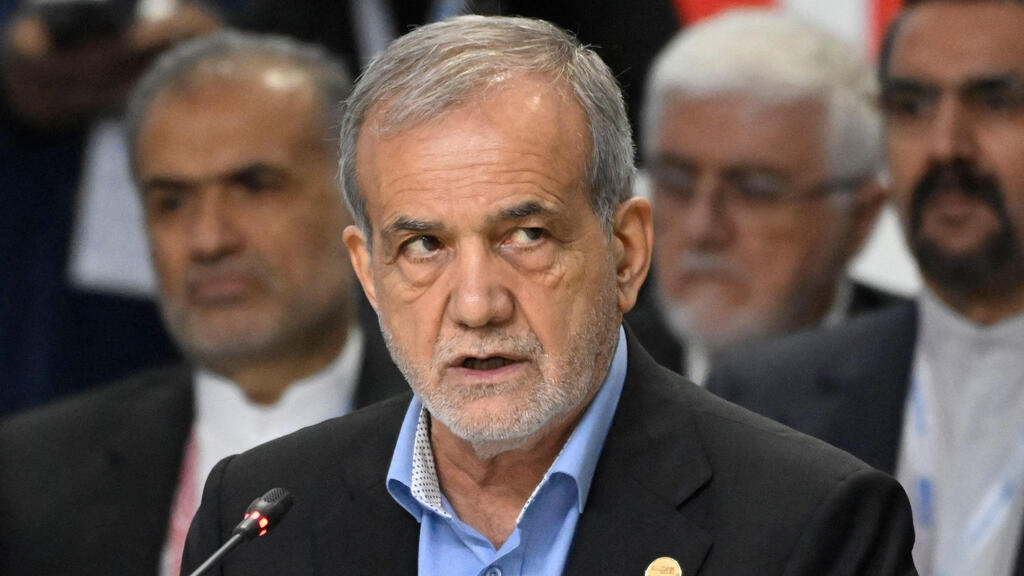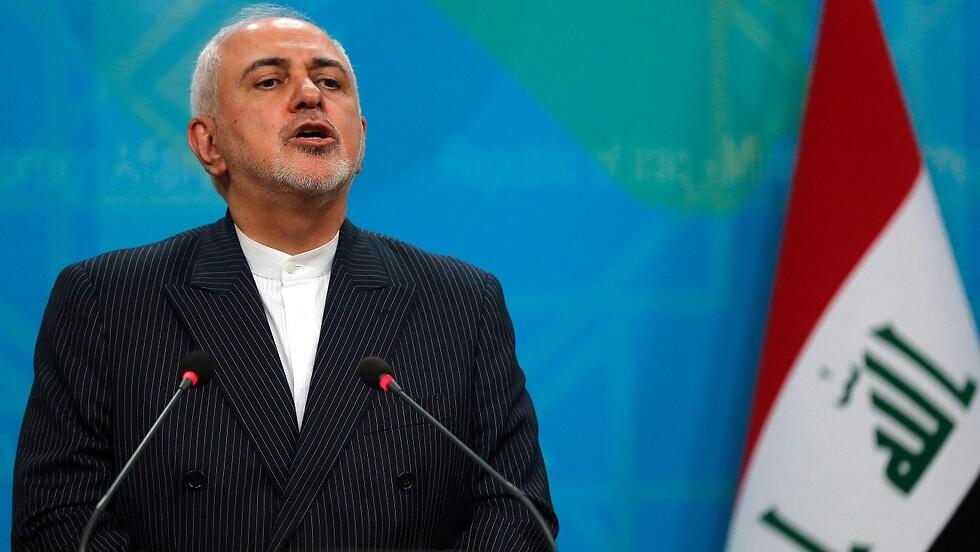Getting your Trinity Audio player ready...
While many leaders in Iran’s Islamic Republic worry following U.S. President-elect Donald Trump’s return to the White House in 2025, other voices are starting to offer to avoid a confrontation with him and use his term as a diplomatic opportunity for the country.
The New York Times reported on Monday some working for Iranian President Masoud Pezeshkian — a reformist who pledged to improve relations with the West and lift sanctions severely impacting Iran's economy — support a reconciliatory approach toward Trump.
U.S. President-elect Donald Trump in his victory speech
(Video: Fox News)
For many in the regime, however, such rapprochement would be hard to accept, not only because Trump withdrew from the nuclear deal during his first term and reinstated sanctions, but also because he ordered the 2020 assassination of Iranian general and Quds Force commander Qassem Soleimani.
Five Iranian officials told the American outlet that supporters of a diplomatic approach hope it might be possible to reach a stable agreement with Trump that would remain set for an extended period. They noted the president-elect's preference for striking deals where his predecessors had failed and the immense influence he wields within the Republican Party, often viewed as more adversarial toward Iran than the Democratic Party.
4 View gallery


Iran's Supreme Leader Ali Khamenei, U.S. President-elect Donald Trump, Iranian missile
The five Iranian officials described Tehran's experience with U.S. President Joe Biden's administration as “frustrating,” adding that the deadlock in talks with the Democratic administration led many in the regime to conclude that only a deal with a Republican administration could yield long-term results.
Pezeshkian himself hinted at the possibility of future talks with the U.S. under Trump, saying last week that his country would not be "short-sighted" in developing diplomatic relations with other nations. However, any move to advance such negotiations would first require approval from Supreme Leader Ali Khamenei, who harbors particular resentment toward Trump.
Since Soleimani’s assassination, Iran has sought to exact revenge on Trump, and a plan to assassinate him during the election campaign was uncovered last week.
IRGC gives an order to attack Israel in October
Reza Salehi, a conservative analyst from Tehran who is close to the regime’s hardline faction according to the outlet, said that while negotiations with an incoming Trump administration would be “politically challenging” for Pezeshkian's government, he believes Trump would "benefit Iran compared to his predecessor."
Salehi cited Trump’s statements on ending wars worldwide: "He is into making deals; he is into ending wars and against starting new ones.”
Mohammad Ali Abtahi, a former vice to reformist president Mohammad Khatami also spoke to The New York Times, urging Iran to "turn the threat of Trump into a good opportunity and start active diplomacy.” He added, “Trump likes to take personal credit for resolving a crisis, and one of the main crises now is the one between Iran and America.”
Various experts estimate that in future negotiations Trump would likely demand that Iran halt its arming and funding of militias and terrorist organizations fighting against Israel as part of a sanction relief deal.
Khamenei has repeatedly said Tehran’s support for its proxies in the Middle East won’t cease, leaving the prospects of reaching an agreement uncertain. However, some in Iran are convinced the regime has little choice due to the dire economic situation.
Rahman Ghahremanpour, an Iranian analyst who spoke with The New York Times, argued that Iran can’t afford another four years under sanctions, as inflation continues to soar and internal frustration among Iranians remains high.
“We do not want more sanctions and more instability. But at the same time, a comprehensive deal with Trump has to give us some wiggle room to save face domestically and justify it. That will be the big challenge,” he said.
The five Iranian officials highlighted Trump’s statements about ending the wars in Gaza and Lebanon. They noted that his remarks — alongside Trump’s promise to end the war in Ukraine and implement a more isolationist “America First” policy — appeal to the Iranian regime.
Mohammad Javad Zarif, Iran’s former foreign minister remembered as a key figure in negotiating the nuclear deal a decade ago and now serving as Pezeshkian’s vice for strategic affairs, expressed hope that Trump and his vice president JD Vance will "stand against war as pledged, and will heed the clear lesson given by the American electorate to end wars and prevent new ones.”
Get the Ynetnews app on your smartphone:








